‘We‘re concerned we have nearly 4000 missing cancers’: Aussies fail to get life-saving screening
Wife of AFL player Jeremy Finlayson, Kellie, is the face of Covid-delayed cancer tests as she fights for life. But scores of Victorians may share her situation.
News
Don't miss out on the headlines from News. Followed categories will be added to My News.
Nearly 4000 Victorians could have cancer and not know it because of bans on elective procedures, reduced testing and fewer doctor visits at the height of the state’s Covid pandemic.
Head of screening and early detection at Cancer Council Victoria, Kate Broun, said health authorities were deeply concerned there were 3800 “missing cancers over 2020 and 2021”.
That meant nearly 4000 Victorians with cancer were yet to present to doctors for testing and treatment — and their cancers were becoming more advanced.
Victorian oncologists were anecdotally reporting seeing more patients with later stage cancers than they had in the past because of delayed diagnosis, Ms Broun said.
She urged anyone with possible symptoms including pain, bleeding, skin changes, unexplained fatigue or other “niggling issues” to see a doctor as soon as possible.
And those who had received a bowel cancer screening kit in the mail should complete and return it without delay, she said.
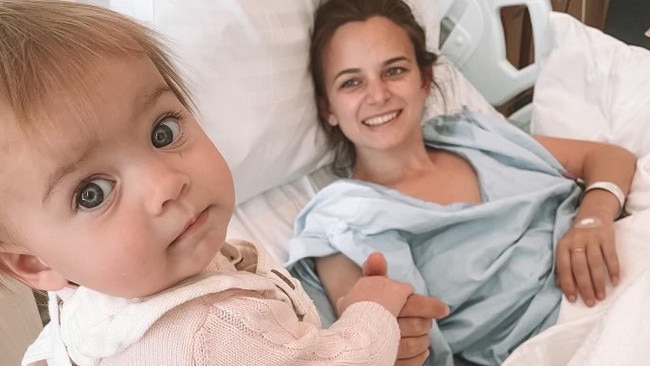
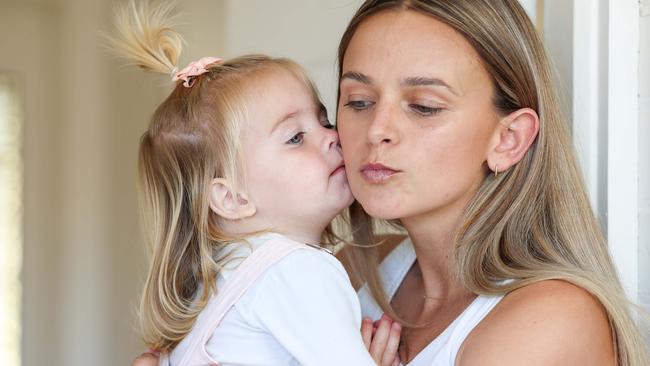
“We really want to put the call out to people that if they’ve missed any cancer screening invitations, if they’re not up to date with regular health checks, we are really urging them to see a doctor. It’s really important that we get back up to date . . . because we know the earlier cancer is found the better our chances are of treating it . . . we know people can lead really long, healthy lives if we find cancer early.”
The case of young mum Kellie Finlayson, 27, was an example of how cancer could spread if not detected and treated early, Ms Broun said.
The wife of AFL player Jeremy Finlayson — who was experiencing frightening changes in her bowel movements and abdominal pain — had what could have been a lifesaving colonoscopy cancelled because of Covid elective surgery bans in South Australia.
“They would’ve probably removed a non-cancerous polyp and I would’ve been fine. That’s a tough one to swallow,” the 27-year-old told Hamish McLachlan in a wide-ranging Sunday Herald Sun interview.
“They cancelled the colonoscopy when it came around because it was elective. It wasn’t urgent to them ... I think I was too scared to know what the answer was, so when they told me it was cancelled, I was almost relieved.”
When Ms Finlayson was finally diagnosed with bowel cancer some time later it was very late stage.
It then spread from her lungs to her back, pelvis, through her stomach, stomach lining and also her lymph nodes and was classified as Stage 4 and terminal.
“I just knew that as soon as it had spread from the lungs, that it was the worst-case scenario and there was probably not much that they could do for me,” Ms Finlayson said.
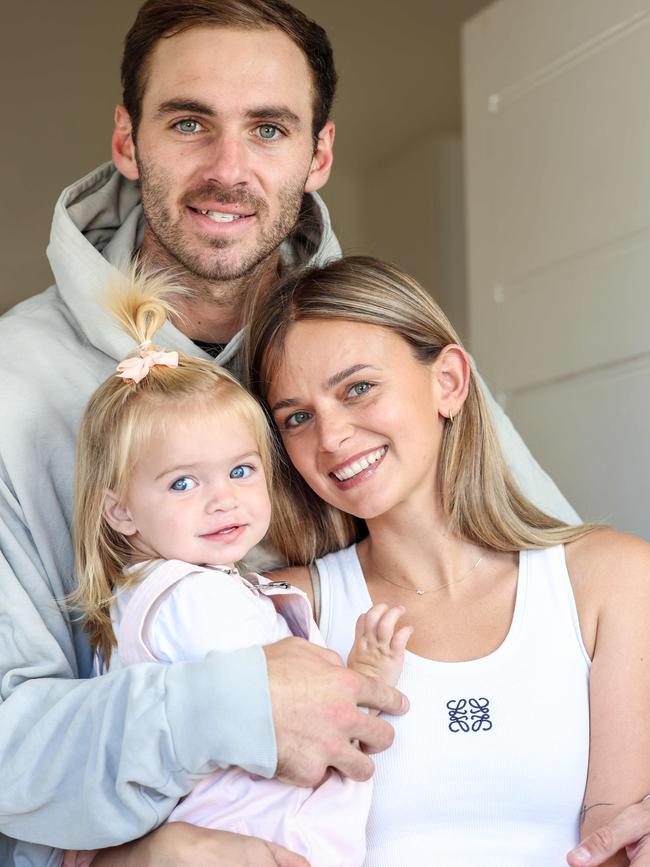
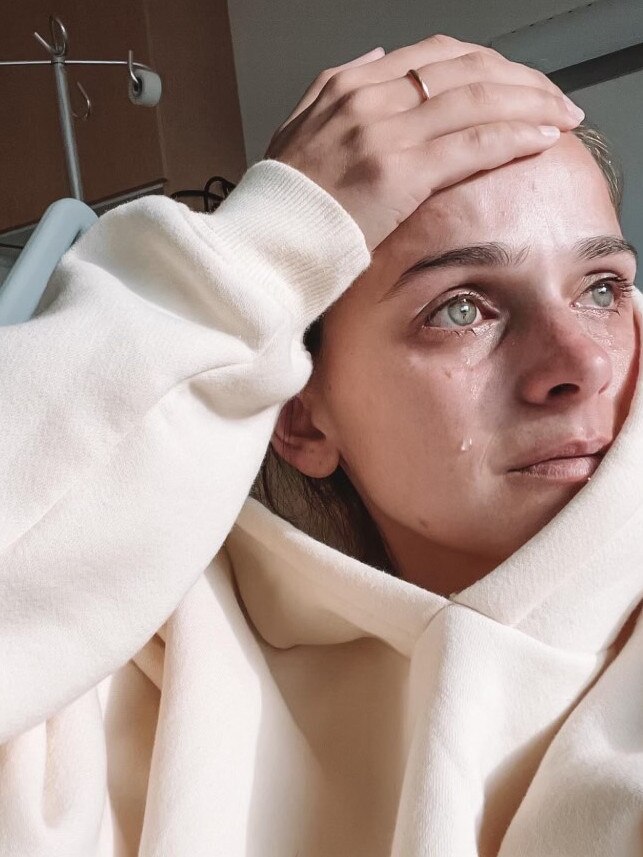
Ms Broun said Victorian doctors and health authorities were “very concerned we have nearly 4000 missing cancers” and were “hearing that there are cases of people like Kelly”, being diagnosed when it was too late to save them.
“It’s really tragic for people like Kelly and others who now have a later diagnosis, as early detection is the key. Kelly has reiterated that,” she said.
The outcome could not have been more different for recently retired Melbourne private school deputy head, Helen Page-Wood, 67.
After taking and returning a bowel cancer screening test, the Eaglemont woman was informed it was positive shortly afterwards and saw a doctor, who sent her off for further tests.
A tumour was discovered and surgery and chemotherapy followed, with Ms Page-Wood now cancer free.
With no symptoms, no history of bowel cancer and otherwise fit and healthy, Ms Page-Wood said she was “absolutely shocked” her self-screening bowel kit came back positive.
“I didn’t really think I was a candidate for anything like that. The last thing I thought I was going to get in life was bowel cancer,” she said.
According to Cancer Council Victoria, bowel, breast, melanoma, blood and prostate cancer are the most highly represented in the “missing” Covid cancers.
Bowel cancer, however, if detected early, is one of the most successfully treated and eliminated.
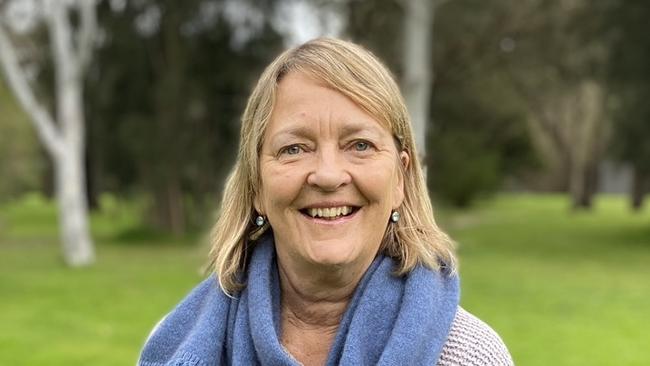
The National Bowel Cancer Screening Program has estimated a 30 per cent reduction in follow-up colonoscopies would lead to an additional 1500 patients developing colorectal cancer before 2060.
And modelling for BreastScreen Australia predicted a six-month delay in breast cancer diagnosis, due to disruptions to screening, would result in 25 extra deaths over the next five years and 239 years lost over a 10-year period.
Ms Broun said in addition to those Victorians who had missed cancer tests and diagnoses during Covid, the pandemic had changed the way many people now viewed GP visits and healthcare generally, and there were people who were still delaying visiting a doctor with their health concerns.
“People are now hesitant to see their doctor and putting off health checks as their thresholds for when they would see a doctor has changed. Maybe they would have seen the doctor for preventative health conversations and testing prior to Covid, but now that’s considered a lower priority and they’re only seeking a doctor for what they would consider critical care,” she said.
“It’s a combination of individuals, perceptions of how easy or not it is to access primary care and to access a doctor but also it’s the other messages that we received during Covid, when there were restrictions.”
Alarm bells raised
It’s been revealed that fewer than half of eligible Australians took part in one of the nation’s key cancer screening programs late last year, sparking concerns people are missing out on early diagnoses.
More than 660,000 Australians received a bowel cancer screening kit between October and December last year, but only 44 per cent of people took part.
In Victoria, the new Australian Institute of Health and Welfare data showed only 77,000 of the more than 177,000 Victorians invited to participate returned their testing kit.
Rates for cervical screenings — which should be booked every five years — were slightly higher.
New preliminary data found 68 per cent of eligible Australians underwent screening between 2018 and 2022, representing 4.7 million people.
Victorians fell slightly above the national average at 69 per cent, while the Murray primary health network region — which spans most of northern Victoria — recorded the state’s lowest rate of 57 per cent.
Across Australia, younger people were also more likely than their older counterparts to stay up to date with their appointments. Almost 80 per cent of eligible people aged 25 to 29-years-old underwent a screening in the past five years.
But more than a third of eligible patients still failed to attend a screening, an alarming figure given more than 70 per cent of cervical cancer diagnoses are found in women who have either never been screened, or fell behind with their appointment.




